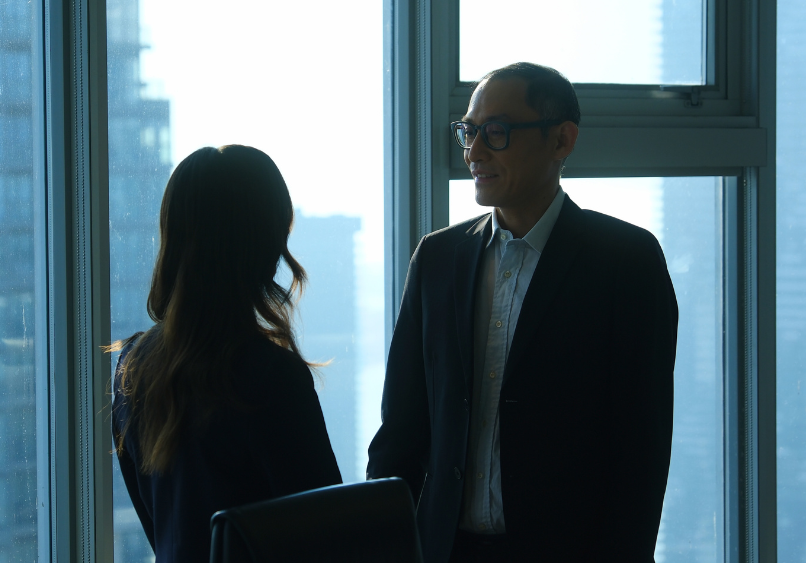Last month we discussed how using a trial technician to present your evidence in a digital format can be extremely useful. This month we’ll discuss the importance and benefits of meeting with your trial technician early in the litigation process.
It is important to meet with your trial technician(s) early because they need time to obtain all of your exhibits and data, scan it, import it, and organize it in their database. This gives the technician more time to perfect the organization of the data and to become familiar with the case. (S)he will check for documents and pages that must be rotated, make sure each file functions properly in the system, and determine the best way to pull up all types of media, from documents, to videos, PowerPoint presentations, and other demonstrative evidence.
Additionally, meeting with them early can provide you with the time to do an invaluable practice run. When a tech brings his laptop to court, it’s filled with various unfamiliar files that have been organized for easy retrieval; but when you are calling out documents at a rapid pace, neither you, the judge, nor the jury want to wait for the technician to access the document(s). Having time in advance to organize the files accordingly eases this process, as can experience, but the best method to ensure that everything goes smoothly is to do a dry run.
You can discuss how you want to call out documents, either by exhibit and page number, Bates number, or some other fashion. You can tell the tech the expected order of witnesses and which key documents will be used for each witness. You can even tell the tech which witness you’ll expect to impeach and with which excerpts from their deposition transcript. Organization of the data serves to better prepare your technician so that (s)he can present your evidence as smoothly as possible and ensure that the focal point is the evidence, not the technician.
Trial Technicians are a resource that many attorneys fail to utilize to their advantage. They have substantial trial experience since their job is to be in court, and they are a fresh face that hasn’t been biased by your case. Discuss the case with them. Tell them the key points and what you hope to prove. They’ll be able to give you relevant feedback that only someone who hasn’t been working on the case can provide; plus, they may just have an idea about how to present a difficult piece of evidence, because they’ve seen it all before.
Of course, some cases settle right before trial, but the benefits of meeting with your technician early and being prepared to go to trial can make all the difference in the outcome of your case.
Next month we’ll discuss interesting and effective methods of presenting evidence and how you can use these methods to grab your jury’s attention and hold it.

